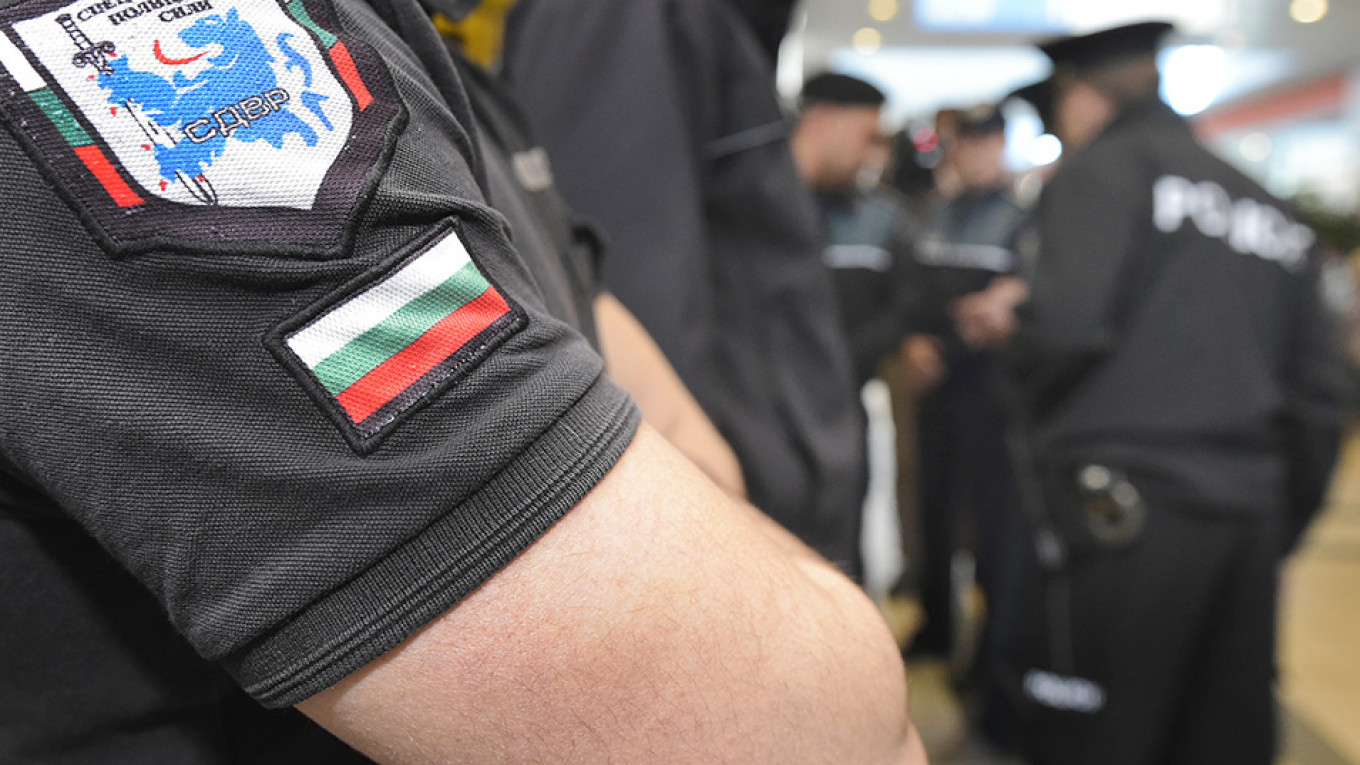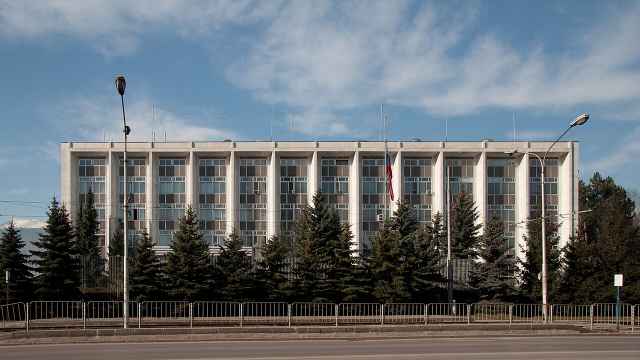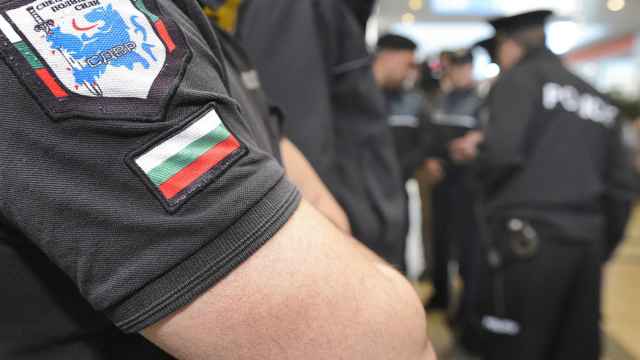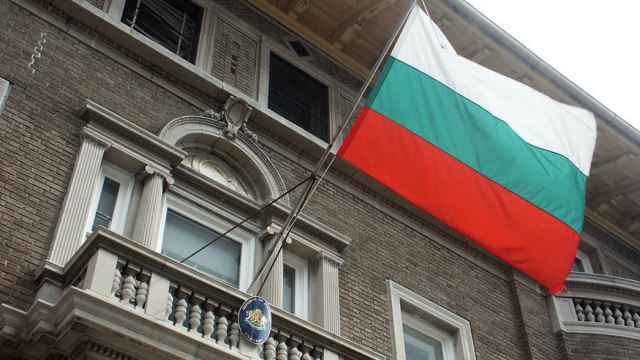Bulgaria is likely to expel two Russian diplomats over spying allegations, Foreign Minister Ekaterina Zaharieva said on Friday.
"We have received the letters from the prosecutors with the allegations," said Zaharieva. "We will undertake the actions that we are obliged to undertake and will most probably declare them 'persona non grata'."
Zaharieva said she would summon the Russian ambassador.
Prosecutors had said earlier that the Russians were engaged in espionage but could not be charged due to diplomatic immunity.
Bulgaria is likely to expel two Russian diplomats who prosecutors suspect were involved in spying in the Balkan country, its Foreign Minister Ekaterina Zaharieva said on Friday.
EU and NATO member Bulgaria, which traditionally keeps close links to Russia, expelled another diplomat over espionage allegations in October and declined to grant a visa to Russia's incoming defence attache.
"We have received letters from the prosecutors with the allegations," said Zaharieva. "We will undertake the action that we are obliged to undertake and will most probably declare them 'persona non grata'."
Zaharieva said she would summon the Russian ambassador to Sofia later on Friday over the matter.
In a separate statement, prosecutors said that a first secretary at the consular section of the Russian embassy had been involved in espionage since 2017, seeking information about the electoral process.
A second diplomat, serving at Russia's commercial representation office in Sofia, had been collecting information on energy and energy security since October 2018, some of which were state secrets, prosecutors said.
Bulgaria was Moscow's most reliable ally in the region during Soviet times. Despite periodic strains in their post-Soviet ties, however, Russia remains Bulgaria's biggest energy supplier.
The Balkan country declined to join its NATO and EU allies in expelling Russian diplomats over the poisoning of a former Russian spy, Sergei Skripal, in Britain in 2018.
But on Thursday, prosecutors charged three Russians with the attempted murder of an arms trader and two other Bulgarians whose poisoning is being investigated by Sofia for possible links with the 2018 nerve-agent attack on Skripal.
A Message from The Moscow Times:
Dear readers,
We are facing unprecedented challenges. Russia's Prosecutor General's Office has designated The Moscow Times as an "undesirable" organization, criminalizing our work and putting our staff at risk of prosecution. This follows our earlier unjust labeling as a "foreign agent."
These actions are direct attempts to silence independent journalism in Russia. The authorities claim our work "discredits the decisions of the Russian leadership." We see things differently: we strive to provide accurate, unbiased reporting on Russia.
We, the journalists of The Moscow Times, refuse to be silenced. But to continue our work, we need your help.
Your support, no matter how small, makes a world of difference. If you can, please support us monthly starting from just $2. It's quick to set up, and every contribution makes a significant impact.
By supporting The Moscow Times, you're defending open, independent journalism in the face of repression. Thank you for standing with us.
Remind me later.






